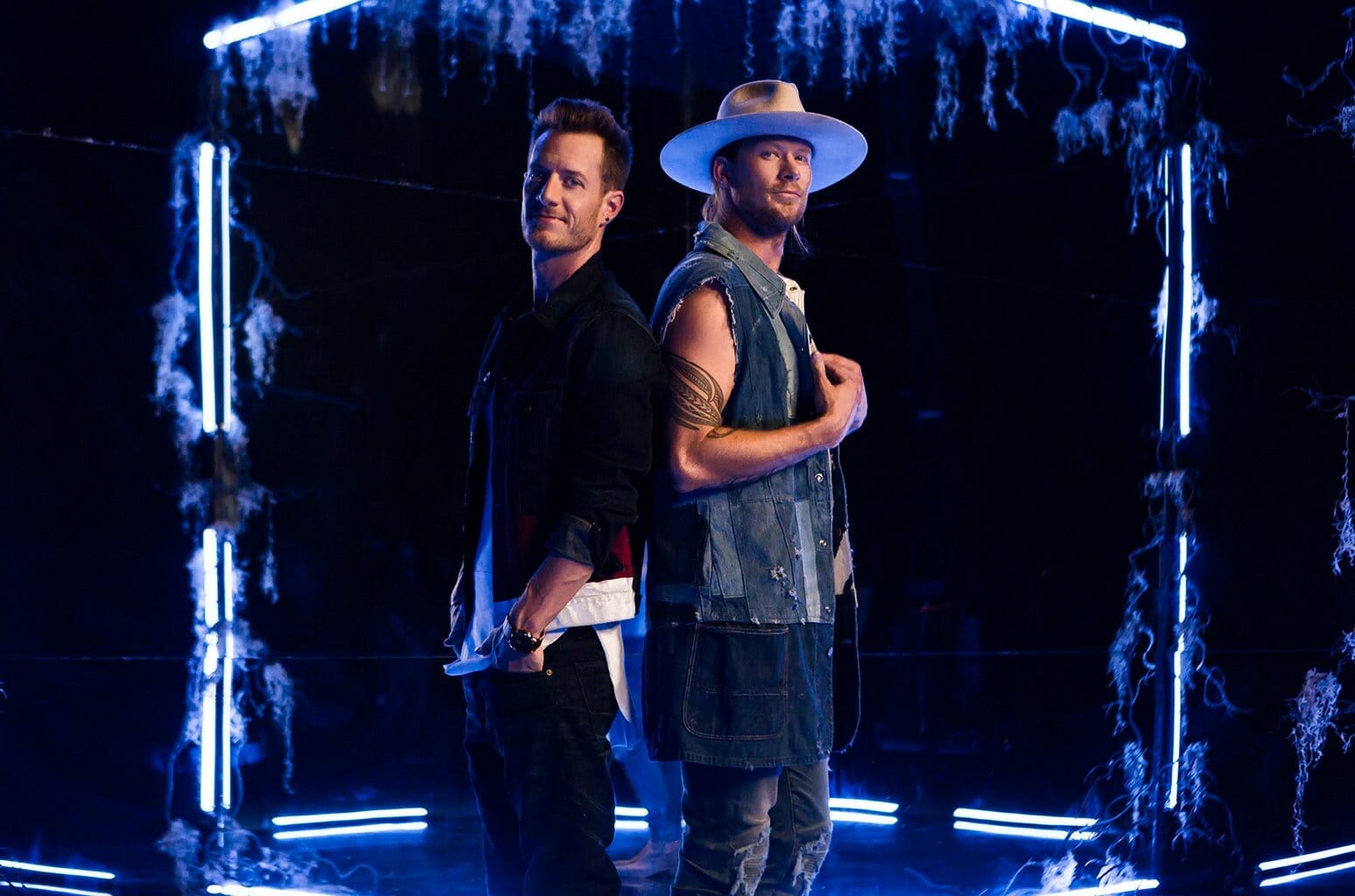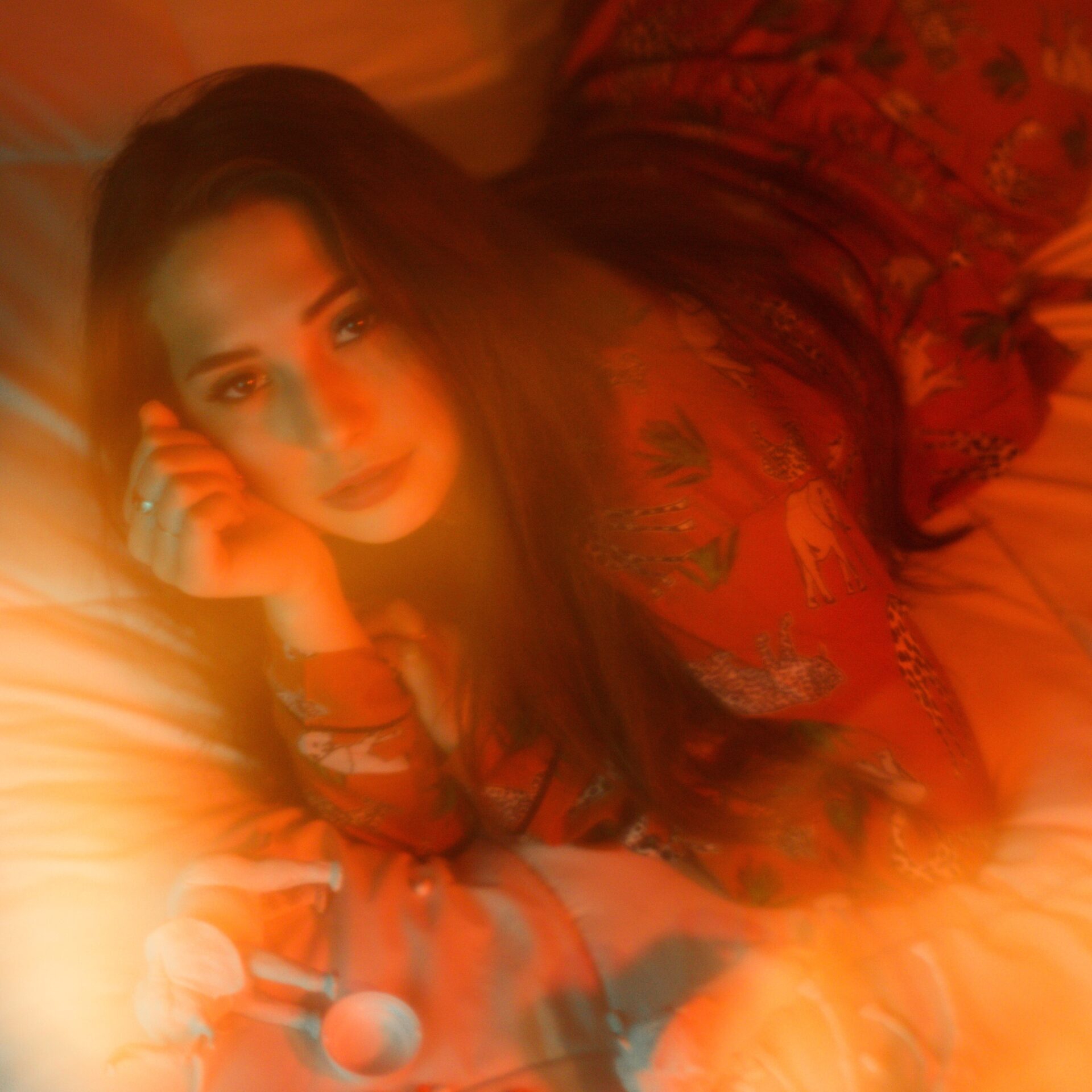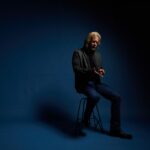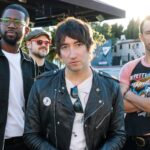The title speaks the truth – do not disrespect the ultimate queen of 2000’s pop-rock, miss Ashlee Simpson, autobiographical royalty. Her debut album, 2004’s “Autobiography,” showed (with ease) that Ashlee was so much more than just Jessica Simpson’s baby sis. It was clear that she wanted to evolve into her own, especially in the massively successful Newlyweds era of MTV. Ashlee craved her own time in the spotlight – something that she could write as hers. Cue The Ashlee Simpson Show, which spun off the tails of Newlyweds success, but helped launch Ashlee into pure pop superstardom. Her debut album followed, and the rest of her story is well-documented pop culture history. But many write off Ashlee Simpson as nothing more than her acid reflux-induced SNL flub. The triumphs of “Autobiography” were vastly overlooked after she was caught lip syncing on live TV, and then proceeded to put on a pitchy performance at the Orange Bowl halftime show in 2005. She shrugged both off, continuing on with her career in a nonchalant fashion. Despite her ability to carry on without shame, the previously unavoidable Ashlee Simpson quickly got lost in the throes of the void.
I don’t know how else to say this, but “Autobiography” is one of the strongest pop-rock records of the 2000’s. Before her faux pas, the country was obsessed with her quirkiness and astronomical rise to fame. She was the anti-Jessica, dyeing her naturally blonde hair black during an episode of The Ashlee Simpson Show, just to make sure viewers knew she wasn’t her sister. We watched her dabble in the vulnerability of songwriting, openly discuss the unspoken rivalry between her and Jessica, and make out (many times) with then-boyfriend Ryan Cabrera. It was TV gold, and there’s no doubt that her hyper-punk expressiveness shot off her career.
The media became overly-obsessed with not just her, but making fun of her. Headline after headline highlighted every single misstep, no matter how minimal, and it was quite clear that every gossip magazine wanted her to fail. She was Jessica’s sister, so she couldn’t maintain her own successful career, right? She was meant to fail, because she *isn’t* talented; that was the mentality surrounding her at all times. Many believed that she lacked overall emotional depth, but songs like “Undiscovered” (the deepest cut on “Autobiography”) and “Unreachable” strongly prove otherwise. Sure, “Autobiography” followed a specific formula, crafted by the likes of songwriting giants John Shanks and Kara DioGuardi. But it worked – Ashlee was able to build off of her anti-pop, anti-Jessica, anti-anything girly identity and grunge-ily create a body of work that best identified her 19 year old self. She was rough, and hopeful, and obscure – all things that the media found a way to work against.
The album’s romantically-charged lead single, “Pieces of Me,” was an almost completely different endeavor than what she was producing for “Autobiography”. It didn’t carry the same brat-punk vibe as songs like “La La” or “Love Me For Me,” but it still felt like a genuine side to Ashlee, who yes, was singing about Ryan Cabrera. The track is nowhere near angsty, but listeners got to immediately witness a mature side to Ashlee, something that wasn’t expected as the rebellious counterpart to sister Jessica. Listen, if you want to truly talk about how “Pieces of Me” burst onto contemporary radio with a zest that no one predicted, I’m here for it. But what’s more worth discussing is that even though Ashlee was being groomed into a label-ready, manufactured slice of sweet ear candy, she pushed back against sounding (and looking) like a plastic doll.
She wanted to just be Ashlee, and I don’t think she really even knew what that meant at 19, but the lack of life experience led to a lyrical rawness and straightforwardness that could only come from someone blatantly unfinished. Ashlee was undone. She wanted crunchy guitars; a live, punk-fused band that matched her unbreakable teenage feistiness. And I actually think that she truly wanted these things – not just because she didn’t want to carry the same sex-ified image as Jessica (which also wasn’t really Jessica). Her sophomore album “I Am Me,” which vastly undersold, was almost an even better pop rock collection than her debut. It cemented the tones that she openly desired on “Autobiography,” and it actually angers me that her SNL ‘jig’ completely turned off OG listeners (WTF).
Ashlee was an open target. Newlyweds viewers quite publicly laughed at Jessica, not with her, and Ashlee’s live mishaps (which were actually due to a medical issue) put her next in line to her sister. After her Orange Bowl performance, where she was loudly booed for her unpolished performance of “La La”, that was just… it. She sang live, as critics had been begging her to, while she clearly was still experiencing vocal issues (as well as dysfunctional in ear monitors), and was crucified for it. Ashlee was regularly crucified, for something as simple as existing. For being a Simpson.
“Autobiography” was an unexpected pop album that shot out 3 million plus album sales, and despite immense social criticism, Ashlee Simpson quickly propelled (nearly overnight) into a pop culture deity. Her place in pop history is duly overlooked due to insignificant scandal, but millennials, who were young adolescents at her highest, will always understand the actual significance of “Autobiography”; to be portrayed as anything less than authentically talented is nothing but paparazzi-fed judgment, and we don’t disrespect Ashlee Simpson in this house.

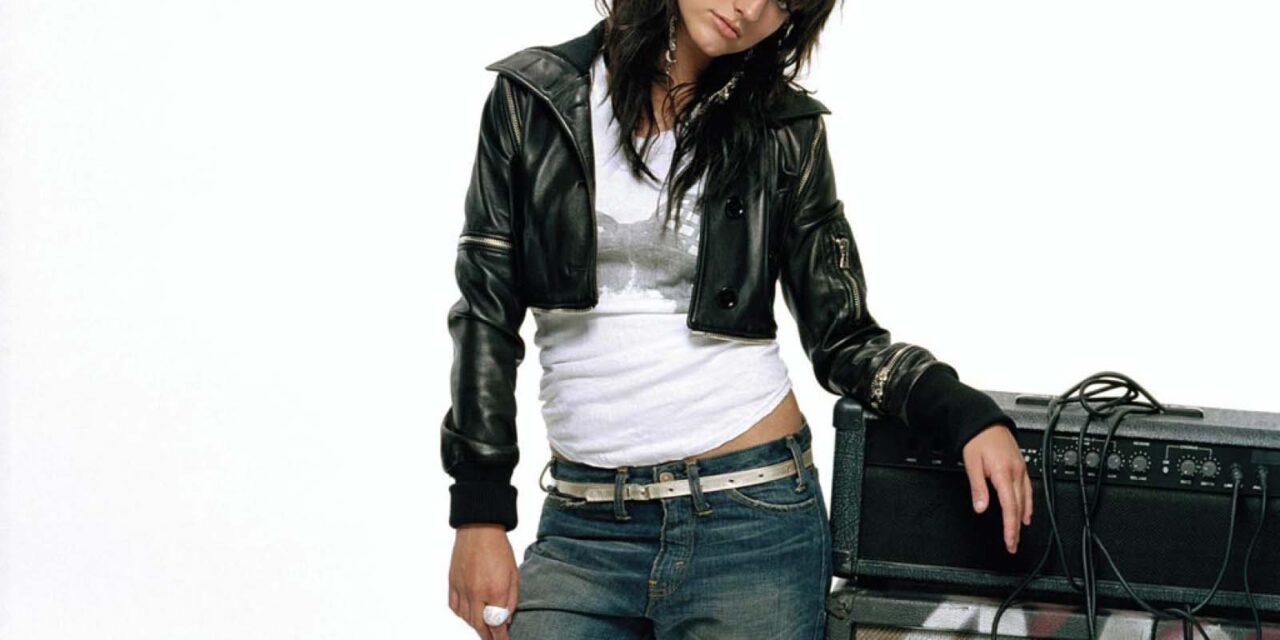

![Comedian Kyle Gordon shares new single “My Life (Is The Worst Life Ever) [feat. Our Wounded Courtship]”](https://substreammagazine.com/wp-content/uploads/2024/01/IMG_5758-440x264.png)
